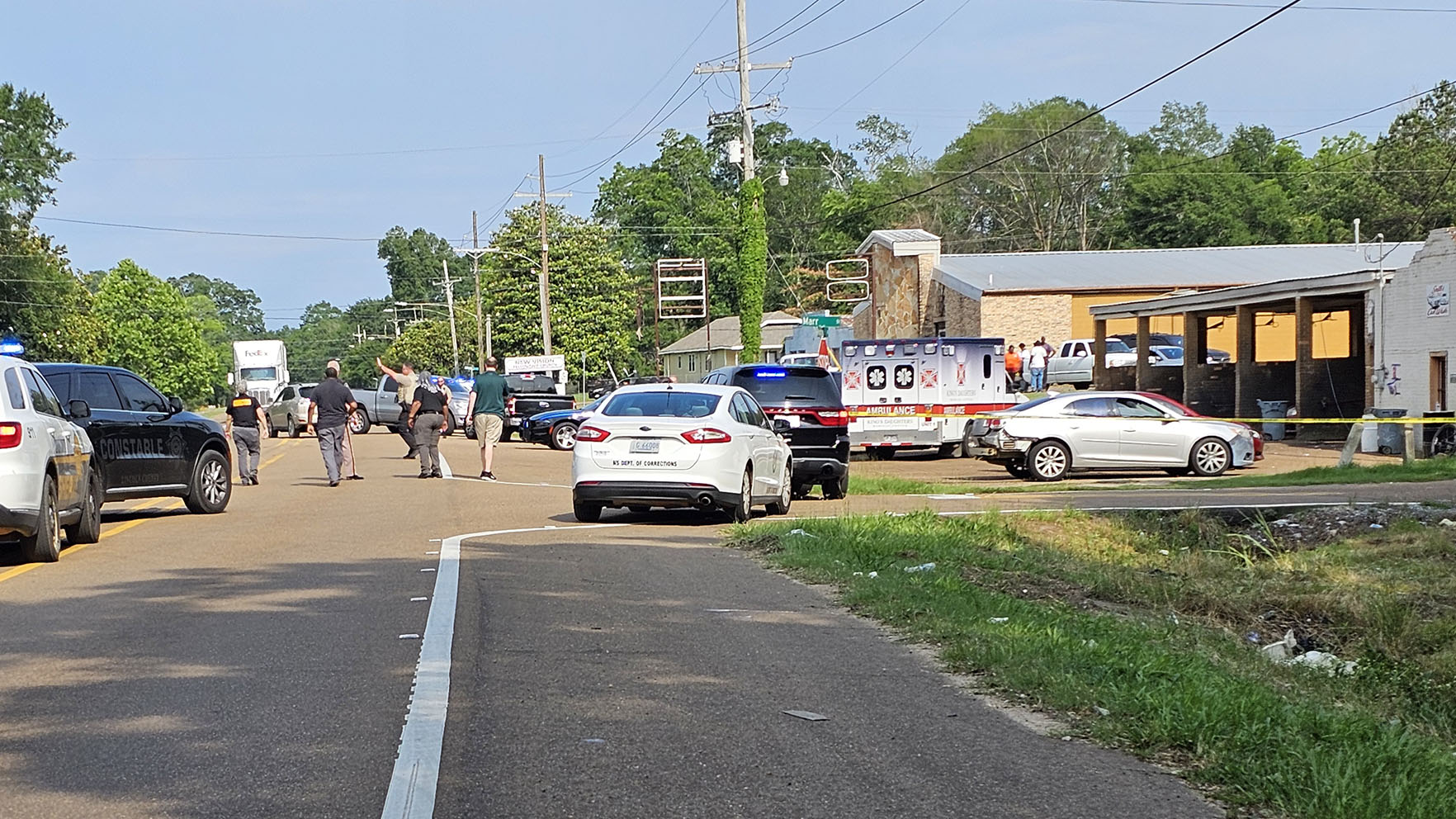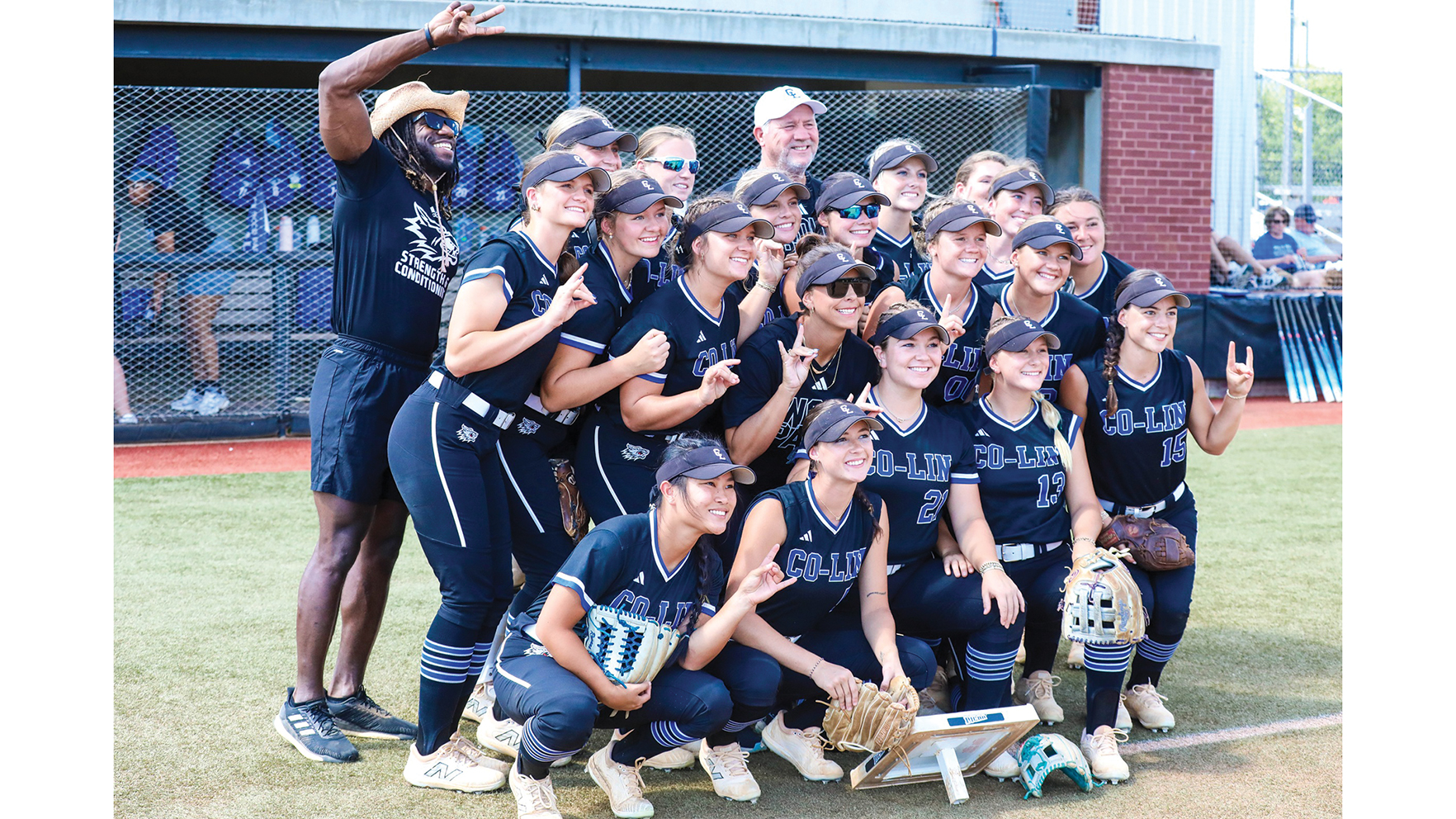Sharp exchange marks hearing over road issue
Published 6:00 am Tuesday, November 6, 2007
Lincoln County supervisors on Monday cut short a public hearingthat threatened to become unruly after proponents of both sides ina dispute over the public or private status of a road initiated asharp exchange.
The exchange of pointed words that prompted the hearing’sclosure came after nearly an hour of debate in which both sidesstated their views in a calm, deliberate manner.
Board President Gary Walker called for order before the exchangecould escalate. Sheriff Steve Rushing stood quietly to the side asone side of the dispute calmly exited the boardroom and left thecourthouse.
County Attorney Bob Allen said the hearing was to provide the boardwith the facts necessary to determine whether District FourSupervisor Doug Moak made a mistake in 2000 when he recordedApricot Lane as public for only two-tenths of a mile. The roadcontinues beyond that point across private property, but has notbeen publicly maintained since Sam Laird was the District Foursupervisor.
Moak was required to set the length of the public road in 2000under state mandate, when all county supervisors were ordered todeclare and define county-owned roads.
Allen said the situation is further aggravated because a 2005 statelaw says the official road register may be amended. However, thelaw provides no guidance on how to do it.
“We’re all plowing new ground here because the statute is new andthere are no attorney general’s opinions on it,” he said.
Attorney general’s opinions are typically used to further clarify alaw.
“The question we have to answer is: Was it a public road in 2000and cut short in error or is it a private road?” Allen said.
Although Allen repeatedly said the purpose of the public hearingwas to determine whether Apricot Lane was a public or private roadbeyond the two-tenths of a mile recorded in an official county roadregister, those attending the hearing had other views on thetopic.
Proponents on both sides attempted to turn the public hearing intoa determination of whether a hunting club’s members were beingdenied access to their hunting area. An entrance to the club lieson Apricot Lane approximately 150 yards beyond a private gateplaced at the official termination of the public road.
Residents of the area, many of whom started the hunting club in1981 but are no longer members, claimed the hunters had other meansto access the property and did not need to use the trail beyond thegate.
Dinky Gartman, an officer of the hunting club, said both sidesinitially agreed on the need for the gate to block illegal dumpingon a landowner’s property. However, at some point, the landownerbegan locking the gate and refusing access to hunting clubmembers.
Supervisors received a petition with than 160 signatures fromlandowners in the area who wanted the road to remain as it is.
Hard feelings became especially evident late in the hearing whenGartman said “the problems we’re having now were not a problemuntil I refused to pay a $200 easement fee.”
Peggy Lewis, who owns the property at the two-tenths of a miletermination point and placed the gate, flatly denied theaccusation.
The denial prompted sharp remarks from both sides that forcedWalker to intervene and close the hearing.
The board was not expected to make a decision at the hearing.Supervisors said they would make a personal visit to the road -without the company of proponents of either side – to discuss theirobservations and make their determination.





